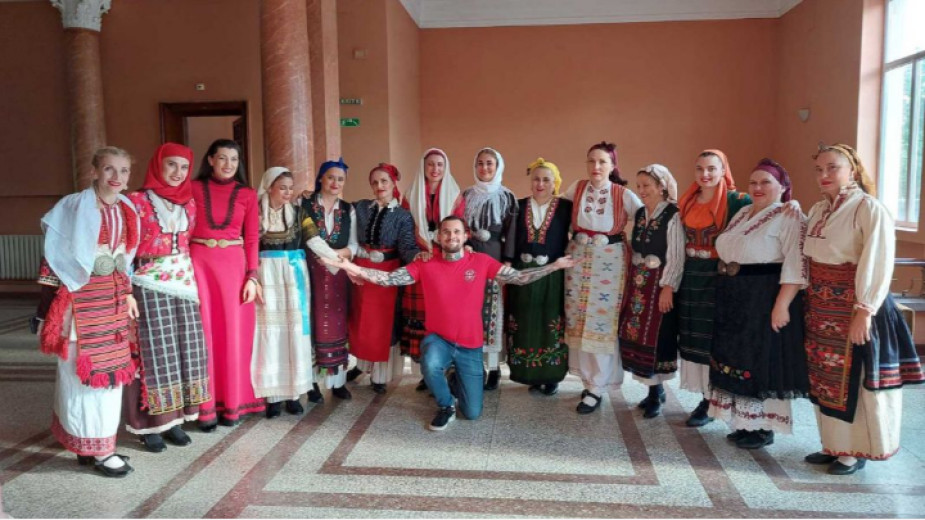 3
3
Last September, the all-female choir of the Bulgarian folklore ensemble Shevitsa in Sofia had a surprising new addition: a young man, tattoos and all, the lead singer of a Canadian heavy metal band, who sat neatly next to the last girl on the alto side.
Fabrice Petit is a musician who gave up a dream job in Canada to come to Bulgaria and... sing traditional folk songs. After 9 months in this country, he is now leaving for his native France. A few days before boarding his plane, Fabrice told Radio Bulgaria what made him choose Bulgaria as his temporary home and about his adventure with Bulgarian folklore.
For the past months, Fabrice has hardly missed a choir rehearsal - three times a week! - and it has definitely paid off - he knows quite a few folk songs and even sang one in the BNR studio to prove it.
He was born in France, but has lived in Canada for the last 12 years, so he has dual French and Canadian citizenship. Fluent in English and French, Fabrice also speaks Japanese, Spanish, German, Italian and Portuguese.
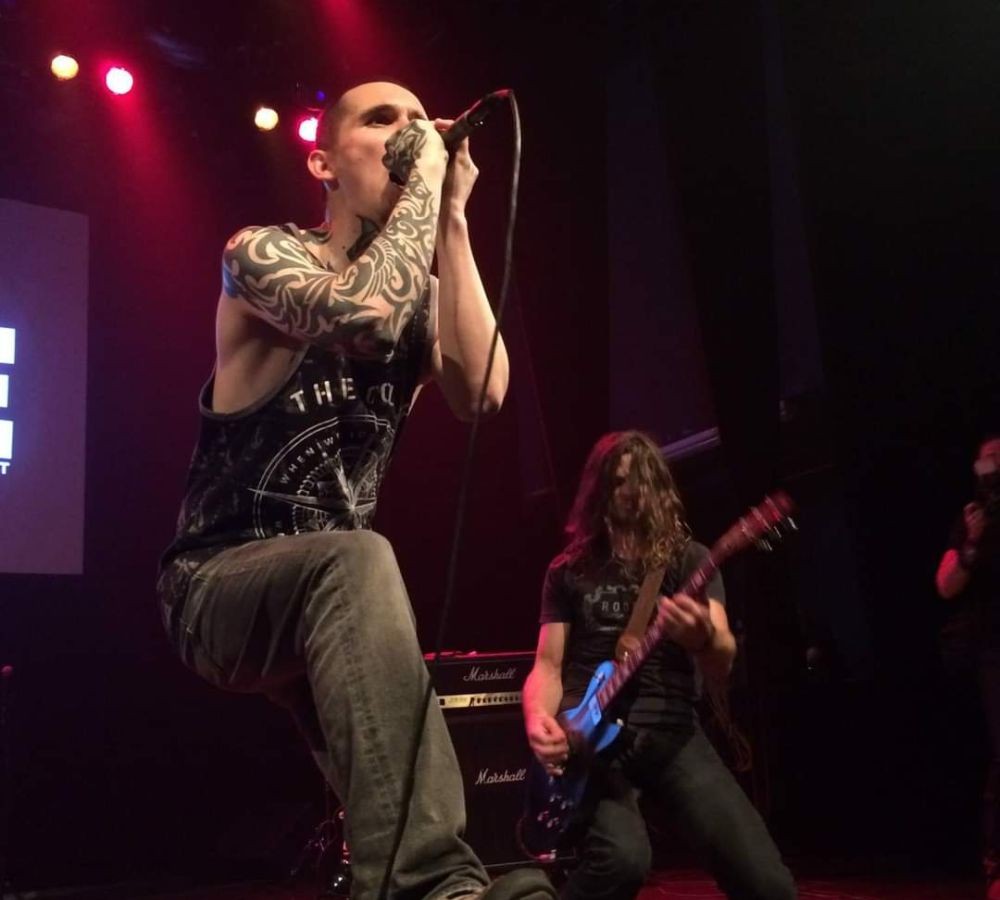
Back in Canada, he had the kind of life many would wish for. He worked all day and played - guitar and video games - all night. For a gamer like him, a job with French video game publisher Ubisoft as sound production manager for no less than Assassin's Creed was the ultimate plum position. On top of it he was the vocalist of the heavy metal band Interdrive.
Leaving Canada was therefore a difficult decision, says Fabrice. But he had his reasons.
"I was a bit tired of Canada, the cold weather, the winter. I don't really like the cold and the snow. So it was pretty difficult all those years. I wanted to go back to Europe, but I wasn'tsure that I wanted to go back to France or try something new and I had met some people in Bulgaria when I travelled here two years ago, so I was like o, you know what - let’s try Bulgaria.”
Bulgaria was all that Canada wasn’t. Warm. 20 days of chill, and it snowed twice the whole winter. Fabrice loved both the city and the country. He enjoyed the tasty vegetables, felt at home in the warm climate and with the even warmer people of the Balkan country. He made many friends - people from the choir, the gym, former colleagues.
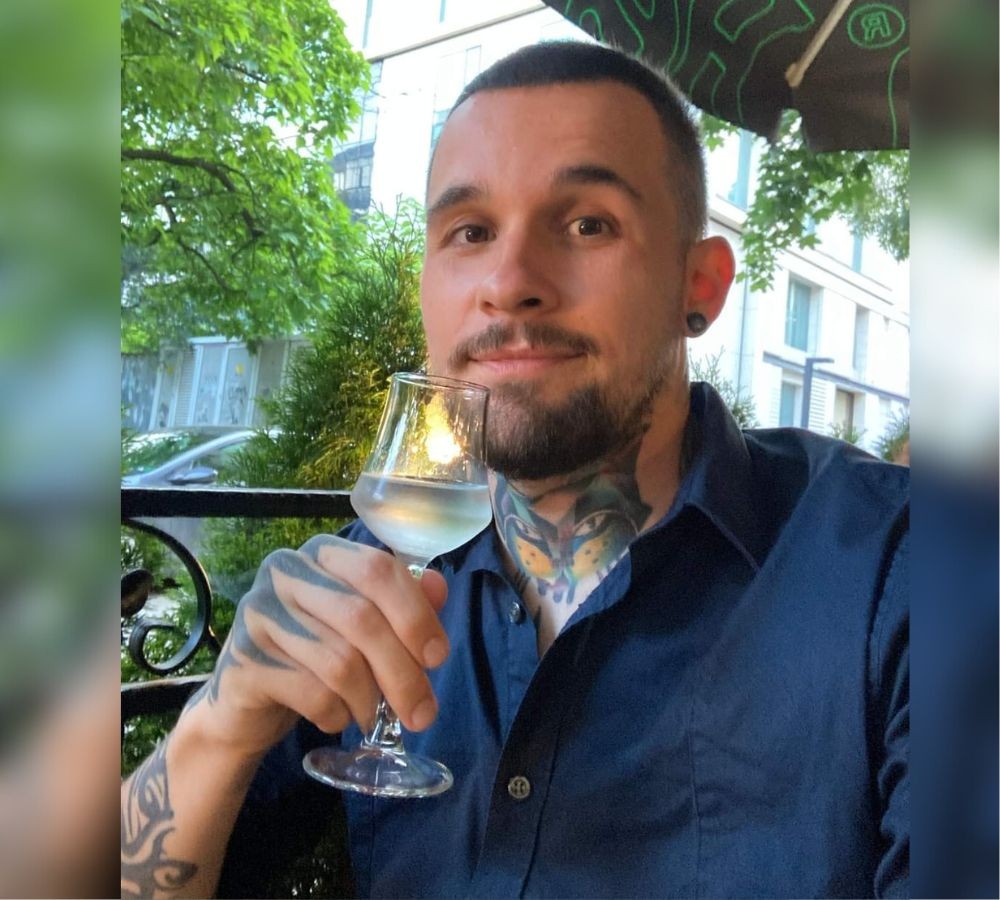
Did anything in Bulgaria come as a shock?
No, not really. A seasoned traveler like Fabrice Petit is not so easily shocked, except maybe by one thing - pop-folk. This very popular music style, which is a fusion of Balkan traditional music—typically very rhythmic and featuring suggestive, often vulgar lyrics—is usually frowned upon by the more educated Bulgarians.
Apart from pop-folk, Fabrice is no stranger to any genre, as he records acoustic covers of all kinds of songs on his guitar. “People request a song and I play it, so I don’t really choose. So I get a lot of different styles - from Madona to some Persian rock from the 70s".
The strangest thing about Fabrice and his music is that he has always loved traditional Bulgarian women's choir music, ever since he was a child. So it was no coincidence that his life led him to the Shevitsa choir.
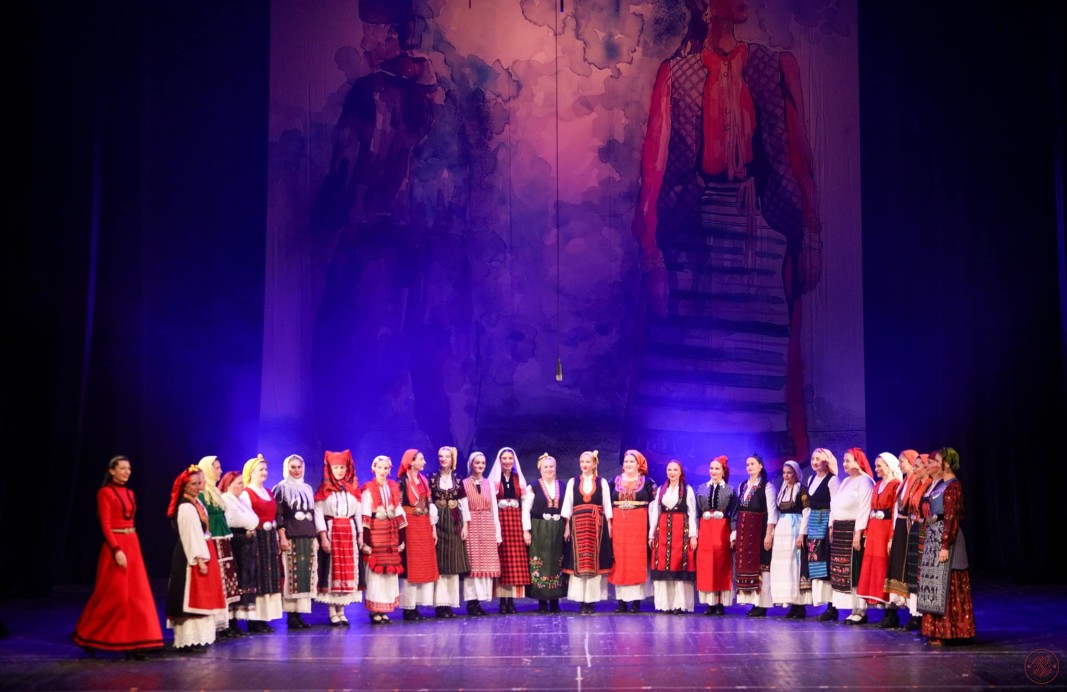
It was actually 2 years ago that I first came to see them. I’ve always liked Bulgarian traditional female choir music, since I was a kid, actually. So when I came to Bulgaria, I was like: Oh, I would really like to see this music live. You know, it’s different from watching a Youtube or a CD, I wanted to see this live.” So when he left Canada for Bulgaria, one of the first things he did was to join the same choir whose rehearsal he had attended two years earlier. And if you think that a single man, a rock singer, in an all-female choir is a strange occurrence, Fabrice did too at first:
“I was sad at the beginning, I was like: why are there no other men? And is there a choir that has men? Maybe it would be more appropriate to sing with them. But in the end I got used to it," he said.
"I was lucky enough to go to a concert of The Mystery of Bulgarian Voices choir – outside Bulgaria they are very famous. And of course I had the chance to see Shevitsa in Ruse last weekend. Which was really nice, because after singing with them for months I finally got to see the actual show. To see everyone in costume - their beautiful costumes, to see the preparation of the show, all the work that goes on backstage. It was really emotional to hear the music live because it's a different energy. Yeah, I'm really glad I got to see this before I go back to France."
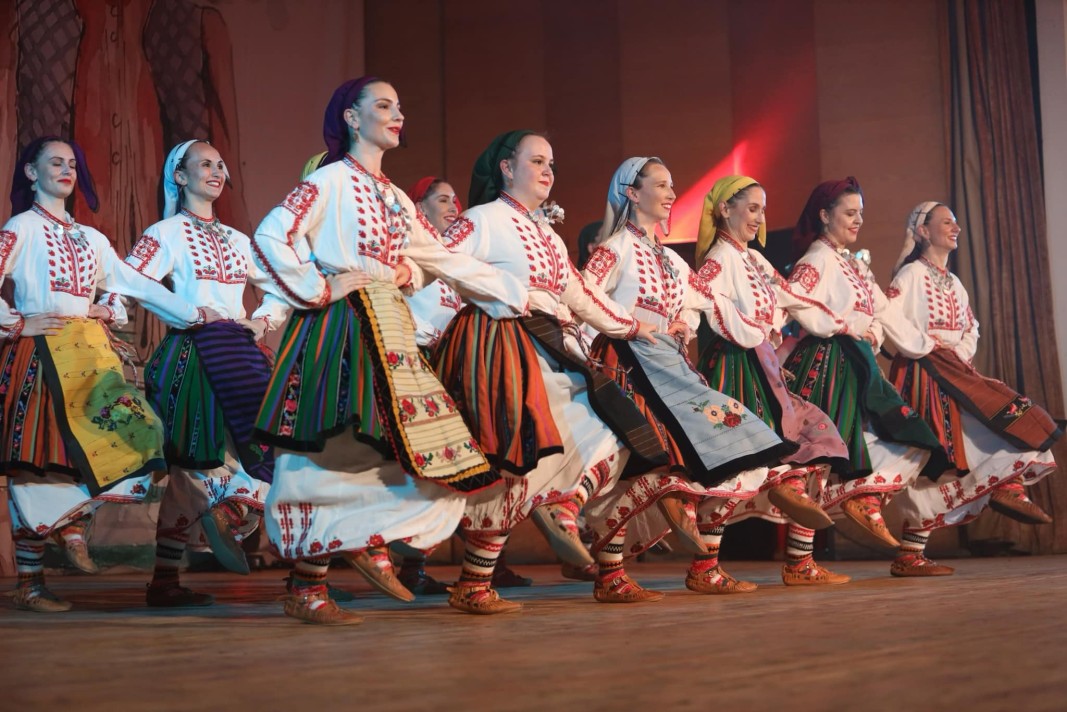
In France, Fabrice Petit plans to find a traditional Bulgarian choir and continue studying Bulgarian folk music.
He came to Bulgaria without planning how long he would be here. He just "went with the flow". Now in the 9th month of his stay, Fabrice decided it was time to return to France. But he would go back loaded with all the good experiences, having seen the Balkan way of life at first hand, and armed with the essential knowledge of how to make his favourite Shopska salad.
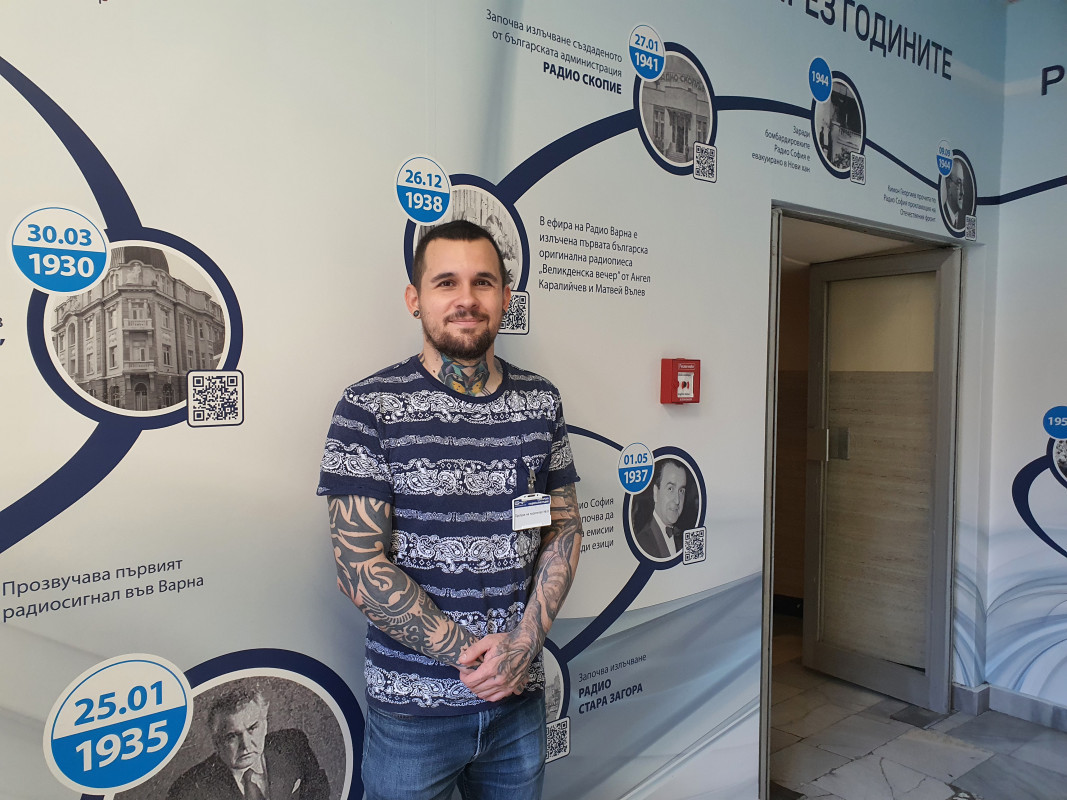
The joy you see in the eyes of the people you have helped cannot be described in words, it must be experienced!" This was shared by Veneta Terzieva and Valentin Grigorov on Bulgaria's National Awakeners' Day. The two have been helping other Bulgarians in..
On October 24, the Honorary Consulate of Bulgaria in Norway was opened with an official ceremony and a festive concert in the Norwegian city of Stavanger. The first honorary consul is pianist Kiril Kutin, who has established himself as an authoritative..
There are more than 80,000 Bulgarians living in Moldova, with a concentration in the southern part of the country. Most are settled in the town of Taraclia and its surrounding region. One of the key institutions established by the Bulgarian community is..

+359 2 9336 661
